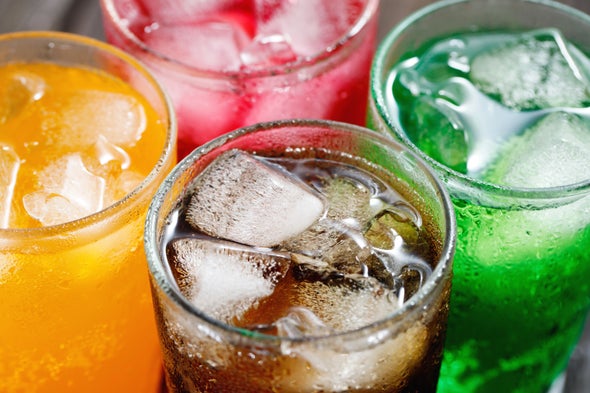United Nations groups say the artificial sweetener poses a possible risk of liver cancer—but there’s no evidence for harm under the current daily limit
Thank you for reading this post, don't forget to subscribe!
Some scientists note that simply classifying something as a carcinogen is meaningless. “Classification alone is, at most, useless and in several cases—like in this case—is dangerous,” says Angelo Moretto, a professor at the department of cardiothoracic and cardiovascular sciences and public health at the University of Padua in Italy. It’s the dose that matters. Almost anything can be toxic if you have enough of it—even water, he says.
IARC rulings are famously cautious—the agency has previously declared everything from aloe vera to pickles to cell phones to be possible carcinogens. Moretto and his colleagues wrote in the online publication the European Scientist that the IARC Monographs are like the supercomputer Deep Thought in Douglas Adams’s novel The Hitchhiker’s Guide to the Galaxy: In that book, Deep Thought’s answer to the question of “Life, the Universe, and Everything” is “forty-two.” Yet no one seems to remember what the question itself was.
Like Deep Thought, “the ‘42’ answer that IARC has for everything is ‘carcinogenic’ because its pronouncements are limited to: carcinogenic, probably or possibly carcinogenic to humans, or ‘I don’t know,’” Moretto and his colleagues wrote. “But as another famous line from The Hitchhiker’s Guide to the Galaxy tells us, ‘Don’t Panic.’”
ABOUT THE AUTHOR(S)

Tanya Lewis is a senior editor covering health and medicine for Scientific American. Follow her on Twitter @tanyalewis314 Credit: Nick Higgins

